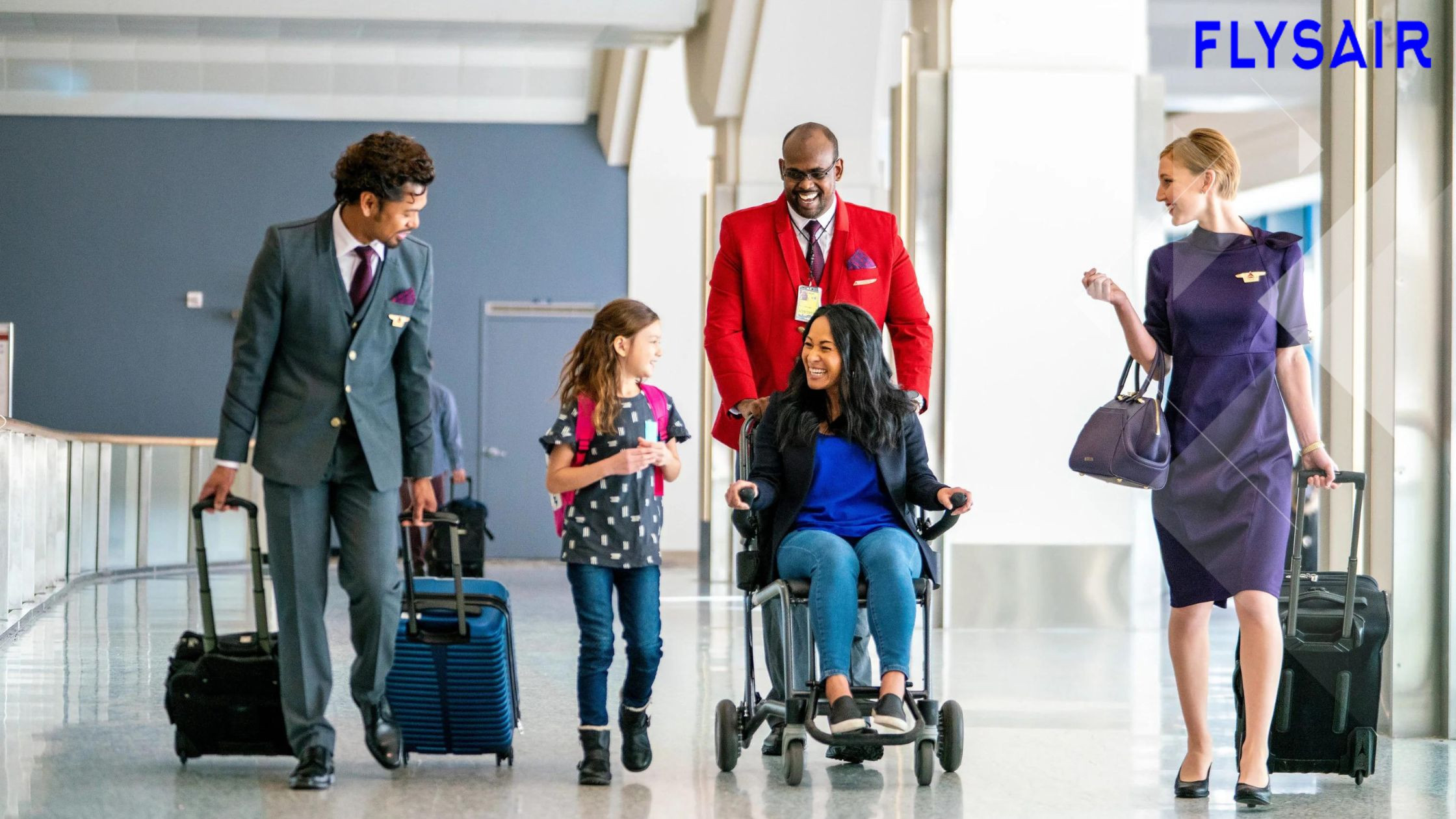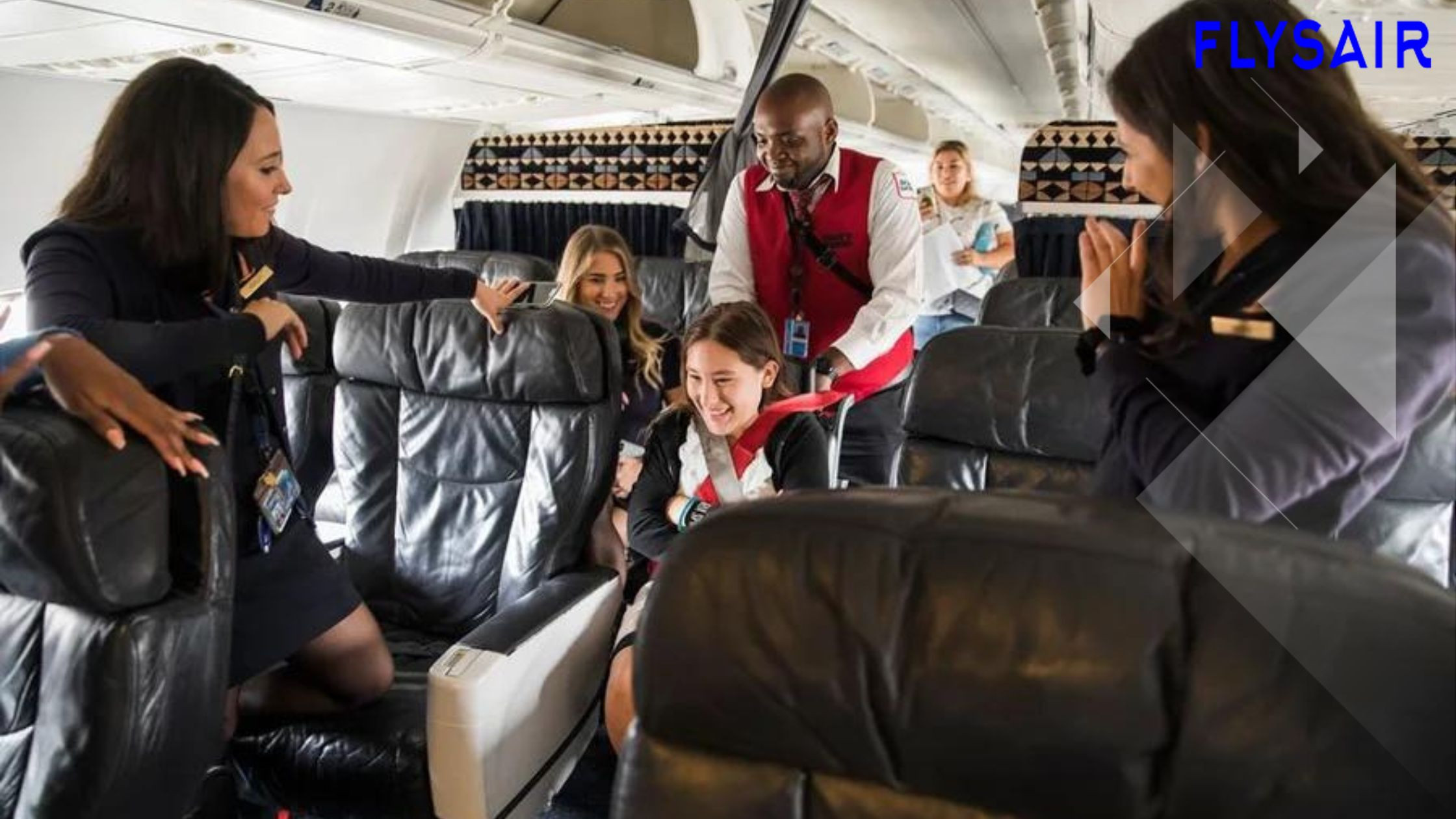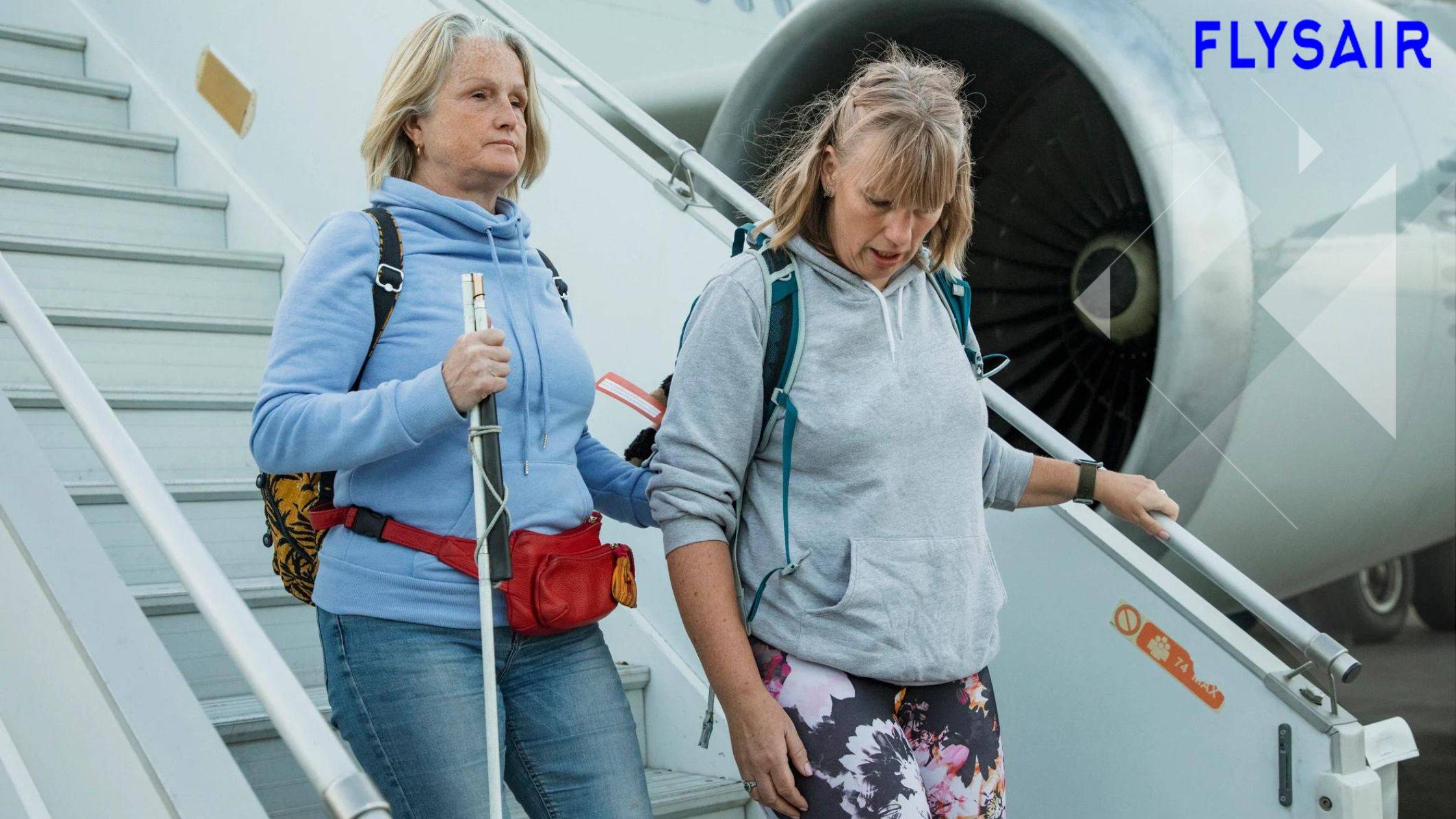Tips for Traveling with Disabilities: Airline Policies and Support Services
Posted on June 29, 2024 by Admin

Tips for Traveling with Disabilities: Airline Policies and Support Services
Traveling can be challenging, especially for individuals with disabilities. However, with the right preparation and knowledge of airline policies and support services, it’s possible to have a smooth and enjoyable journey. Understanding these policies and services is crucial for ensuring that your travel needs are met. This guide will provide valuable tips on navigating airline travel with disabilities, focusing on airline policies and support services.
1. Understand Your Rights Under Airline Policies and Support Services
The first step in traveling with disabilities is understanding your rights. Various regulations, such as the Air Carrier Access Act (ACAA) in the United States, protect passengers with disabilities. These regulations ensure that airlines cannot discriminate against passengers with disabilities and must provide necessary accommodations. Familiarize yourself with these rights and the specific airline policies and support services offered by your chosen airline to ensure you receive the assistance you need.

2. Contact the Airline in Advance
One of the most effective ways to ensure a smooth travel experience is to contact the airline well in advance of your flight. Inform them of your disability and specific needs. Many airlines have dedicated accessibility services that can assist with wheelchair requests, boarding assistance, and other necessary accommodations. By reaching out ahead of time, you can ensure that airline policies and support services are in place to meet your requirements.
3. Utilize Special Assistance Services
Airlines offer a range of special assistance services designed to help passengers with disabilities. These include pre-boarding, wheelchair assistance, and help with stowing mobility aids. When booking your flight, make sure to request these services. At the airport, arrive early to allow ample time for any additional procedures related to airline policies and support services.
4. Know the Airline's Equipment Policies
Understanding the airline policies and support services regarding medical equipment is essential. Most airlines allow passengers to bring necessary medical devices on board without extra charges. This includes wheelchairs, oxygen concentrators, and other essential equipment. Ensure that your medical devices comply with the airline's specifications, and always carry relevant documentation.
Must Read : Air France: A Taste of French Cuisine at 30,000 Feet
5. Prepare for Security Screening
Navigating security checkpoints can be daunting for passengers with disabilities. Familiarize yourself with the Transportation Security Administration (TSA) guidelines or the equivalent in your country, which outline how security screenings should be conducted for passengers with disabilities. Inform the security personnel about your needs and medical devices to ensure a smooth screening process. Knowing airline policies and support services related to security screenings can make this step much easier.
6. Utilize Accessible Seating Options
Most airlines provide accessible seating options for passengers with disabilities. These seats are typically located near the front of the plane or next to the aisle for easier access. When booking your flight, inquire about accessible seating and ensure it meets your needs. Understanding airline policies and support services regarding seating can greatly enhance your comfort during the flight.

7. Travel with a Companion if Needed
If you require assistance during your flight, consider traveling with a companion. Many airlines allow a companion to accompany you for free or at a discounted rate, especially if you have a severe disability. This person can help with boarding, deplaning, and in-flight needs, ensuring that airline policies and support services are effectively utilized.
8. Stay Informed About Airline Policies and Support Services
Airline policies and support services can vary significantly between carriers. It's essential to stay informed about the specific policies of the airline you are traveling with. Regularly check their website for updates, and don’t hesitate to contact their customer service for clarification. Staying informed ensures that you can take full advantage of the airline policies and support services available to you.
Must Read : Emirates: Exploring Luxury Travel in the Sky
Faqs
-
1. What are the key regulations protecting passengers with disabilities?
Passengers with disabilities are protected by regulations such as the Air Carrier Access Act (ACAA) in the United States. These regulations ensure that airlines cannot discriminate against passengers with disabilities and must provide necessary accommodations as part of their airline policies and support services.
-
2. How can I request special assistance from an airline?
You can request special assistance by contacting the airline directly when booking your flight. Most airlines have dedicated accessibility services that can assist with wheelchair requests, boarding assistance, and other needs related to airline policies and support services.
-
3. Are there any charges for bringing medical equipment on a flight?
Most airlines do not charge for bringing necessary medical equipment on board. This includes wheelchairs, oxygen concentrators, and other essential devices. It’s important to understand the airline policies and support services regarding medical equipment to avoid any issues.
-
4. How do airlines handle seating for passengers with disabilities?
Airlines typically provide accessible seating options for passengers with disabilities, often located near the front of the plane or next to the aisle. Inquiring about these options when booking can ensure you have a comfortable and accessible seat as part of the airline policies and support services.
-
5. Can a companion travel with me for free or at a discounted rate?
Many airlines allow a companion to travel with you for free or at a discounted rate if you have a severe disability. This companion can assist with various needs during the flight, enhancing the effectiveness of the airline policies and support services provided.
Recent Post
- Singapore Airlines: Tips for Booking the Best Seats in Economy Class
- The World’s Busiest Airports: Managing High Passenger Volumes
- How Airlines are Enhancing Passenger Experience with Technology
- The Impact of Low-Cost Airlines on the Aviation Industry
- Top 10 Airlines for Customer Service in 2024
- British Airways: Navigating Avios Points for Free Flights
- The Unique Features of Air France’s Premium Economy Class
- The Best Airlines for Group Travel: Discounts and Services
- Tips for Traveling with Disabilities: Airline Policies and Support Services
- How to Upgrade Your Seat Without Breaking the Bank